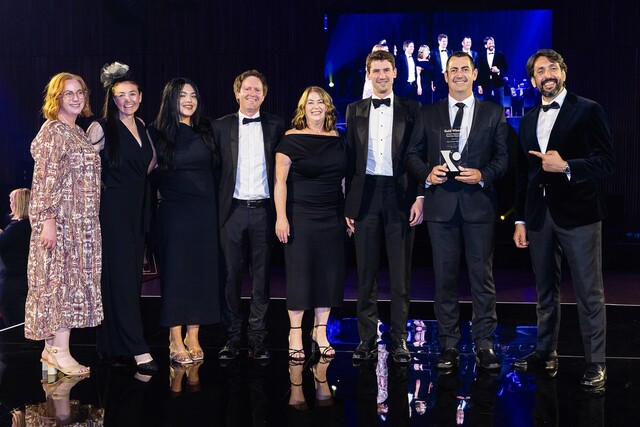The Morrison government discussion paper on the development of Australia’s Future Fuels Strategy released early this month, may spell a small windfall for councils. The Government has $74.5 million to spend, which it favours directing towards electric commercial fleet vehicles rather than privately owned cars, to stimulate electric vehicle (EV) uptake.
Energy Minister, Angus Taylor reasoned that subsidising private sales of new technology vehicles would not be cost effective in terms of dollars per tonne of carbon dioxide.
However his argument that consumers who do not have an EV would be unfairly asked to subsidise those who do is similarly used in the rooftop solar panel scheme. But this is surely offset by the greater good argument of ‘the less they use the more there is for me and that’s better for everyone’.
The minister said his alternative preference was to support electric fleet vehicles for two reasons. Firstly, commercial vehicles tend to drive more kilometres amortising fuel and maintenance over a greater distance and increasing savings. And secondly, commercial vehicles are replaced more frequently, releasing more second hand EVs into the marketplace offering consumers more options on the cheaper second-hand cars.
Minister Taylor also said Australians are choosing hybrid vehicles over EVs with sales of hybrids doubling last year, a choice he says makes the most economic sense.
Not surprisingly the Electric Vehicle Council disagrees saying the discussion paper was acutely disappointing as global leaders from Biden to Boris are rushing to accelerate their transition to electric vehicles. CEO Behyad Jafari claims the global auto sector already withholds the best and most affordable electric vehicles from our market, a situation that will only become worse.
Climate Council Researcher, Tim Baxter agreed, saying, “No more ‘trials’, no more ‘roadmaps’, no more excuses – the Government needs to just get on with it.”
There is also disappointment about Victoria and South Australia’s plans to introduce road-user taxes aimed at drivers of electric vehicles which some say would prevent the states from reaching their goal of net-zero greenhouse gas emissions by 2050.
Another initiative of the Commonwealth Future Fuels Strategy is the support of EV charging and hydrogen refuelling infrastructure.
Queensland Deputy Premier and Minister for State Development, Infrastructure, Local Government and Planning, Steven Miles, was on hand to help Gold Coast City Mayor, Tom Tate announce the debut of world-first electric vehicle (EV) charging technology. It is the first of ten chargers being installed across the Gold Coast. The Tritium RTM75 EV 75kW DC fast charger is reportedly 50 percent faster than 50kW chargers and can charge two vehicles simultaneously, delivering 75km of range to an EV within 10 minutes of charging.
The Deputy Premier said the new charging stations complemented Queensland’s Electric Super Highway providing further reassurance for EV drivers.
NSW launched Western Sydney’s first electric-powered bus this week, marking a key step in the Government’s promise to transition the state’s full fleet by 2030. Western Sydney Regional Organisation of Councils has taken the Electric Dreams one step further suggesting that the 7900 replacement buses should be built locally at Lithgow just west of the Dividing Range.
















